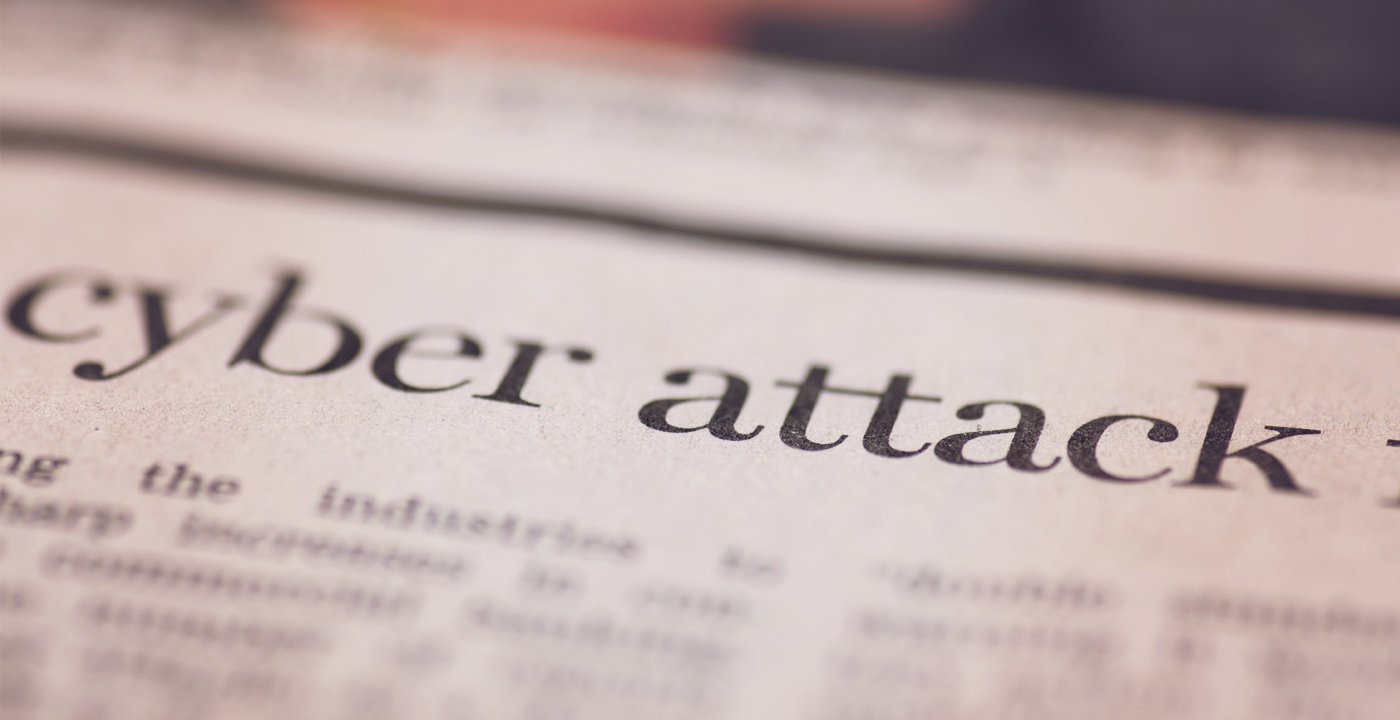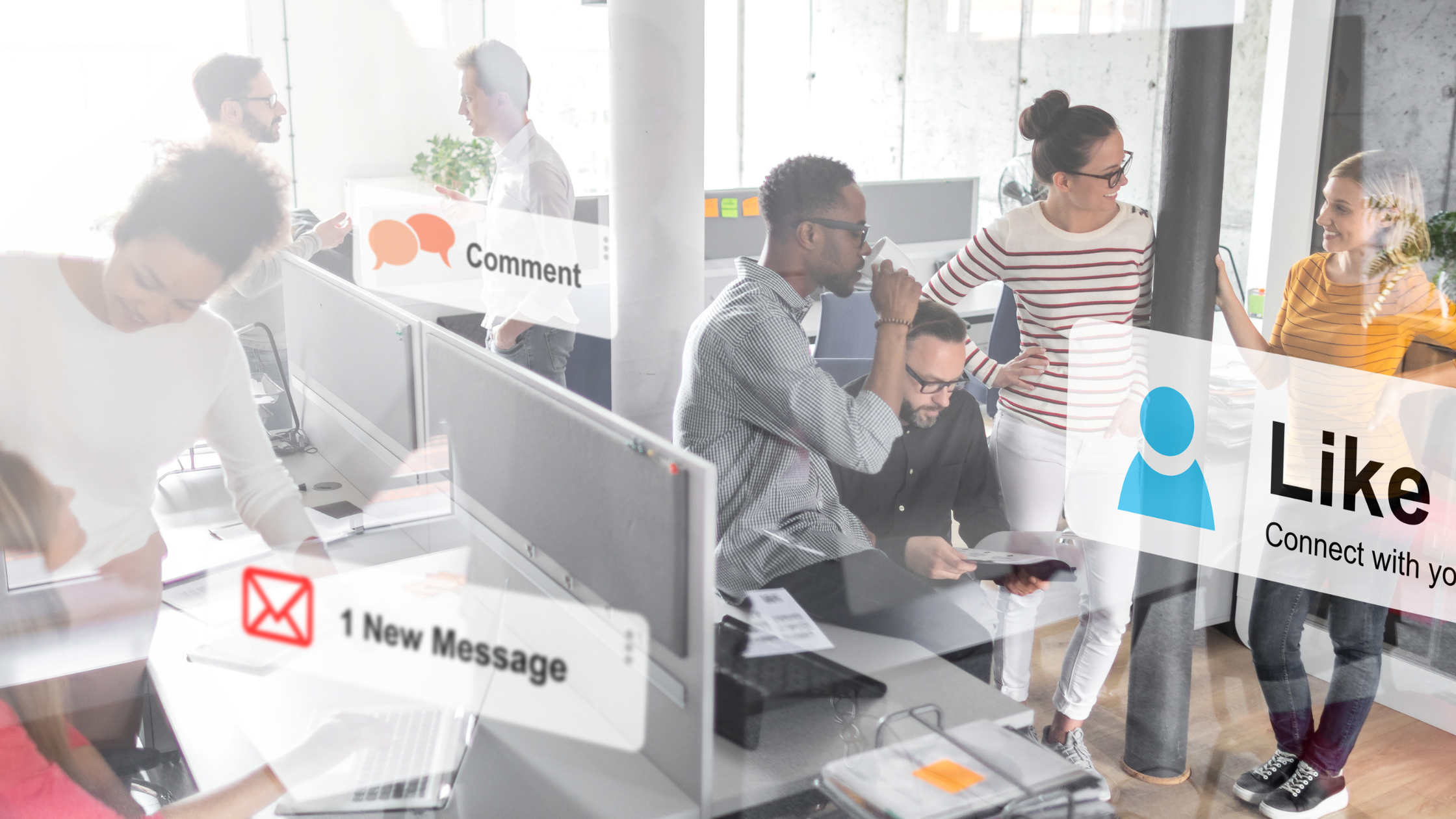It’s uplifting to see both businesses and individuals step up to help others during times of crisis. Hard times often reveal the enduring generosity and compassion of the human spirit.
Unfortunately, there are those who see opportunities to profit by preying on the worry and confusion inherent to natural disasters, epidemics and other tragedies. The current situation, for example, has spurred a slew of cyberattacks on government agencies, healthcare organizations, businesses and the general public.
Experts are calling on businesses and individuals working from home to reevaluate their digital hygiene practices in the wake of these threats. What is digital hygiene? Like handwashing or covering a cough, it’s the actions you take every day – often without thinking – that can impact the health of your network, devices and data.
As an insurance agent, you have valuable data that cybercriminals would love to get their hands on – payment and contact information, and sometimes even Social Security numbers. Help protect yourself, your business and your clients by diligently following best practices when it comes to digital hygiene.
Practicing Good Digital Hygiene
Take a Moment
First, let’s all take a calming breath. While it may seem unrelated, practicing mindfulness during stressful times can help you be more vigilant in your digital hygiene. That’s because you are more likely to make a mistake during a crisis situation, as your emotions can get the better of you and cause you to act impulsively. So take a moment before hopping into your work inbox. Breathe. Center yourself.
Brush Up on How to Spot Phishing Attacks
The World Economic Forum warns that “the vast majority of cyber-attacks – by some estimates, 98% - deploy social engineering methods.” Phishing emails are a type of social engineering that is both cheap and effective, making them the weapon of choice for cybercriminals. Knowing this, it is critical to be hyper-vigilant when it comes to your inbox.
Carefully Check Domain Names
By now, we should all know not to send money to foreign princes via email, but cybercriminals also know we know. Hackers have gone from pretending to be well-meaning strangers to disguising themselves as real-life co-workers, business partners and vendors.
Before clicking on a link or opening an attachment, verify that it came from a legitimate source. Hackers will often use domain names similar to those they are trying to spoof. For example, the email might come from @glattfelters.com instead of @glatfelters.com. A quick read might not be enough to catch the subtle error, so slow down and carefully check domain names.
Be Wary of Threatening Language or Urgent Requests
Remember when we said take a moment to calm your emotions? Well, cybercriminals know you’re more likely to make a mistake when you feel pressured to take action. So they make urgent demands – “Immediate Action Required” – or use threatening language – “If you don’t respond now, you will be locked out of your account” – to trip you up into acting without thinking.
Don’t Click on Unexpected Links or Attachments
If you are suddenly sent an invoice, but the Accounting department usually takes care of those, then don’t open the attachment. Best case scenario, it’s an honest mistake, but more likely it’s a phishing attack. It’s best to contact the vendor directly and verify the authenticity of the attachment.
Get Information from Trusted Sites
If you want to know the latest developments of a crisis, it’s better to visit the websites of government agencies and trusted news sources than to risk clicking on a phony link in an email. Already, cybercriminals have sent phishing emails or set up sites under the guise of the World Health Organization (WHO), John Hopkins University and the Centers for Disease Control (CDC).
Keep Your Anti-Virus Protection Up to Date
Now – or ever, really – is not the time to hit the “Remind Me Later” option on your software update. Cybercriminals are adjusting and improving on their tactics constantly, so it’s important to update your anti-virus and malware protection regularly.
Embrace Multi-Factor Authentication
We get it. You want into your account and you want in it fast, but taking the extra few seconds to follow through with multi-factor authentication is worth it. Make sure you have this feature enabled on any account where it’s available – especially email and financial applications.
Protect Your Network
Passwords – they’re not just for tree houses and email. If you’ve been loose with letting the neighborhood use your WiFi, you’ll want to begin to protect it and your router with a strong password before working remotely.
Arming yourself with information is the best defense against cyberattacks. With vigilance and good digital hygiene you can work more productively and safely at all times.
Do you have more tips on cybersecurity? Let us know in the comments below!
Mary Carder, Integrated Marketing Specialist
DISCLAIMER
The information contained in this blog post is intended for educational purposes only and is not intended to replace expert advice in connection with the topics presented. Glatfelter specifically disclaims any liability for any act or omission by any person or entity in connection with the preparation, use or implementation of plans, principles, concepts or information contained in this publication.
Glatfelter does not make any representation or warranty, expressed or implied, with respect to the results obtained by the use, adherence or implementation of the material contained in this publication. The implementation of the plans, principles, concepts or materials contained in this publication is not a guarantee that you will achieve a certain desired result. It is strongly recommended that you consult with a professional advisor, architect or other expert prior to the implementation of plans, principles, concepts or materials contained in this publication.
This blog post may contain the content of third parties and links to third party websites. Third party content and websites are owned and operated by an independent party over which Glatfelter has no control. Glatfelter makes no representation, warranty, or guarantee as to the accuracy, completeness, timeliness or reliability of any third party content. References to third party services, processes, products, or other information does not constitute or imply any endorsement, sponsorship or recommendation by Glatfelter, unless expressly stated otherwise.
Related posts
When it comes to cybersecurity, the basics can go a long way.
With so much information online—it's comforting to hear from a real person with first-hand experience with a product or service before you make a purchase.
Here are five ways you can build, expand and strengthen your professional network on LinkedIn.






Submit a Comment